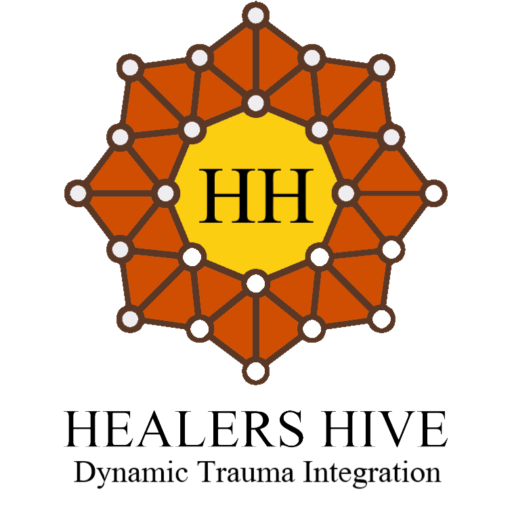Services
"We need to dismantle our fixation on the permanence of what we experience. A normal person clings to their experience as being 'real', concrete, and permanent. But if we look closely at what happens, experience is simply experience, and it is not made out of anything. It has no form, no sound, no color, no taste, no texture; it is simply empty cognizance." Dzogchen master
Individual Therapy

It is a courageous choice to begin one-on-one therapy. Whether you have experienced a single trauma or trauma throughout your life, healing is possible!
How do I know if I am traumatized?
The classic diagnosis for trauma is PTSD, but the effects of trauma are much broader than just that one diagnosis. Other diagnosis that have not been formally accepted into the DSM, but are supported by extensive research, are Complex Trauma (C-PTSD) and Developmental Trauma. Trauma as anything that pushes you past your ability to cope to the point where you feel like your life is threatened. This can include abuse, toxic stress, racism, sexism, bullying, systemic oppression, traumatic grief, microaggressions, community violence, intimate partner violence, compassion fatigue, burnout, neglect, and a whole lot more. Trauma fractures communities and individuals.
The effects of trauma for an individual can often play out as the following:
- chronic pain
- depression
- anxiety
- irritability/anger/rage
- difficulty sleeping
- disordered eating
- low self-worth
- hyper- and hypo-vigilance
- numbness
- inconsistent self-identity
- suicidal thoughts and actions
- self-harm
- attention difficulties
- addiction
- spiritual ambiguity and disconnection
- interpersonal/attachment difficulties
Relationship Therapy

Trauma comes from dysfunction in relationships, and creates dysfunction in relationships. Learning how to be healthy in relationships is key to discovering and enjoying your fully authentic self. I work with a variety of relationships: partners, lovers, neighbors, parent/child, friends, and coworkers.
How do we know if our relationship needs help?
Learn to work through disruptive intimacy patterns and find a new way to experience the immense pleasure that can come from relating with your loved ones in a healthy way. The effects of trauma in relationships can often play out as the following:
- unresolved conflict
- communication difficulties
- not feeling safe with the other person/people no matter what you try (when ongoing trauma is not occurring)
- fear of abandonment
- not trusting your loved ones
- dissociation
- attraction to disruptive relationships
- avoidance of closeness, relationships, intimacy
- addiction to busyness
- codependency
- avoidance/fear of sex or touch
Gender-Affirming Care

Gender-affirming care is not treatment. It encompasses a range of social, psychological, behavioral, and medical interventions, which is designed to support and affirm an individual’s gender identity, especially when it conflicts with the gender they were assigned at birth. Folx along the gender spectrum can receive support in aligning various aspects of their lives — emotional, interpersonal, and biological — with their gender identity.
Consultation

Consultation services are available for other providers, school, research centers, clinics, hospitals, and caregivers. Expertise is provided on culturally-relevant advanced trauma care and integration.
Classes

Mindfulness-Based Cognitive Therapy (MBCT)
Mindfulness-Based Cognitive Therapy is an 8-week group designed to help folks who struggle with depression and anxiety learn to have a different relationship with their thoughts, feelings and body sensations. It is the cousin of Mindfulness-Based Stress Reduction (MBSR), which was designed for folks who struggle with chronic pain. The group is a blend of experiential mindfulness practice with the practical psychological tools of Cognitive-Behavioral Therapy. A full day retreat is strategically placed in between week 4 and 5 so that you can experience the benefits of extended mindfulness practice and learn even more tools to help you when you get stuck in old patterned ways of thinking, feeling, and acting.
Trauma Center Trauma-Sensitive Yoga (TCTSY)
The Center for Trauma and Embodiment in Boston, MA has revolutionized the field of trauma-sensitive yoga. Their approach and research has helped thousands learn to understand how to reclaim their bodies and minds from the wreckage of trauma. I provide easy-to-follow guidance on creating different shapes with your body and breathing techniques for all bodies and abilities. Classes are focused on four key themes: practicing making choices, present moment experience, taking effective action, and creating rhythms. There are no hands-on assists, no strenuous sequences to follow, and no distracting music and props. You, your body, your mind, your choice.
